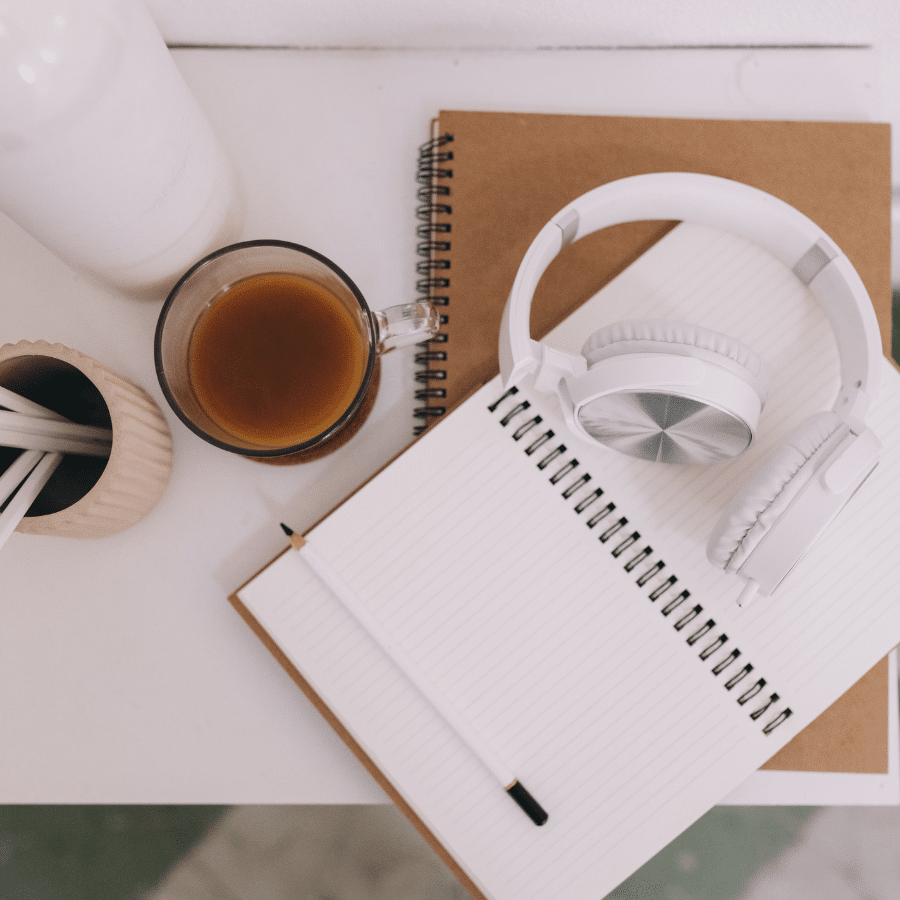개요
공부를 하려고 할 때 집중력을 유지하기 어려울 수 있습니다. 산만함은 어디에나 있습니다. 휴대전화든 친구가 방문하든 공부를 방해하는 것은 항상 있습니다. 공부하는 동안 산만함으로 어려움을 겪는다면 산만함을 줄이기 위한 다음 기술을 시도해 보세요.스터디 버디를 활용하세요
A study buddy is someone you can rely on to help you stay focused and motivated. Your study buddy should be someone who’s also taking the same class as you, but not necessarily in the same section. This way, they’ll be able to keep up with their own work while helping you out with yours. If possible, find someone who’s willing and able to get together at least once a week (or even more often) so that both of your schedules are covered. The more time spent together working through problems and reviewing material, the better off both of your grades will be at exam time!자신에게 보상
A reward is something you give yourself for completing a task. Rewards can be physical or mental, and they should be appropriate to the task at hand. For example, if you’re studying for a big exam and need to focus on reading through textbooks and reviewing notes, then rewarding yourself with 15 minutes of social media time may not be the best choice (unless that’s what really motivates you). If so much as looking at Instagram makes your brain hurt from all those words scrolling past too quickly for comprehension–and let’s face it: most of us have felt this way before–then maybe giving yourself permission to check Twitter every hour instead would help keep things interesting without distracting from what needs doing. Reward Yourself It’s important that any rewards are immediate so they don’t interrupt or delay tasks at hand; however there are some exceptions where delaying gratification can actually improve performance later on! In one study testing delayed gratification in preschoolers over 6 weeks period showed early signs of increased self control by using delayed rewards rather than immediate ones even though both groups performed equally well initially다른 사람들에게 헌신하십시오
If you are struggling to stay on track with your study plan, make a commitment to someone else. This can be anything from “I will wake up at 7:30 every morning” to “I will spend one hour reading each day.” It is important that this commitment is something that would be difficult for them to break–if it’s not too difficult for them then they may end up breaking it anyway! If this doesn’t work for you, try making a commitment to yourself instead. For example: “I will read 10 pages of my textbook before I go out tonight” or “I won’t check social media until I finish my homework”.정리하기
The first step to being productive is getting organized. It’s important to set aside time for studying and make sure that you know what your goals are for each day. A good way to do this is by using a calendar or planner, which will help you plan out your days and keep track of your progress as well as any deadlines or other commitments. You should also set goals for yourself at the beginning of each week so that they’re fresh in mind when it comes time for them later on down the road (and if possible, give yourself a reward after completing one). You should also use checklists whenever possible–they’ll help ensure nothing slips through the cracks during study sessions! For example: If I’m going over vocabulary words from Chapter 3 today before starting work on Chapter 4 tomorrow morning…then my checklist might look something like this:- 이전 장의 어휘 섹션에서 플래시카드를 검토하세요
주의 산만 일기를 쓰세요.
일기를 사용하여 하루 동안 무엇을 했는지, 각 활동에 얼마나 많은 시간을 보냈는지 추적할 수 있습니다. 이 정보는 하루를 더 잘 계획하는 데 도움이 되며, 방해가 될 수 있는 영역을 식별하는 데 도움이 됩니다. 예를 들어:- 퇴근 후 매일 밤 1시간 동안 티비를 본다면, 다른 일(독서 등)을 할 수 있는데도 티비를 보는 데 시간을 낭비하지 않도록 일상을 바꿔야 할 때가 된 것 같습니다.
- 대부분의 사회적 상호작용이 직장 동료나 학교 친구들과 점심을 먹으면서 이루어진다면, 정기적으로 새로운 사람들을 만나는 일(근처에 사는 대학 친구들에게 이메일을 보내는 것)을 포함하여 직장/학교 모임 밖에서 더 많이 참여할 방법을 찾아야 할지도 모릅니다.









